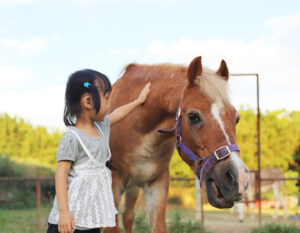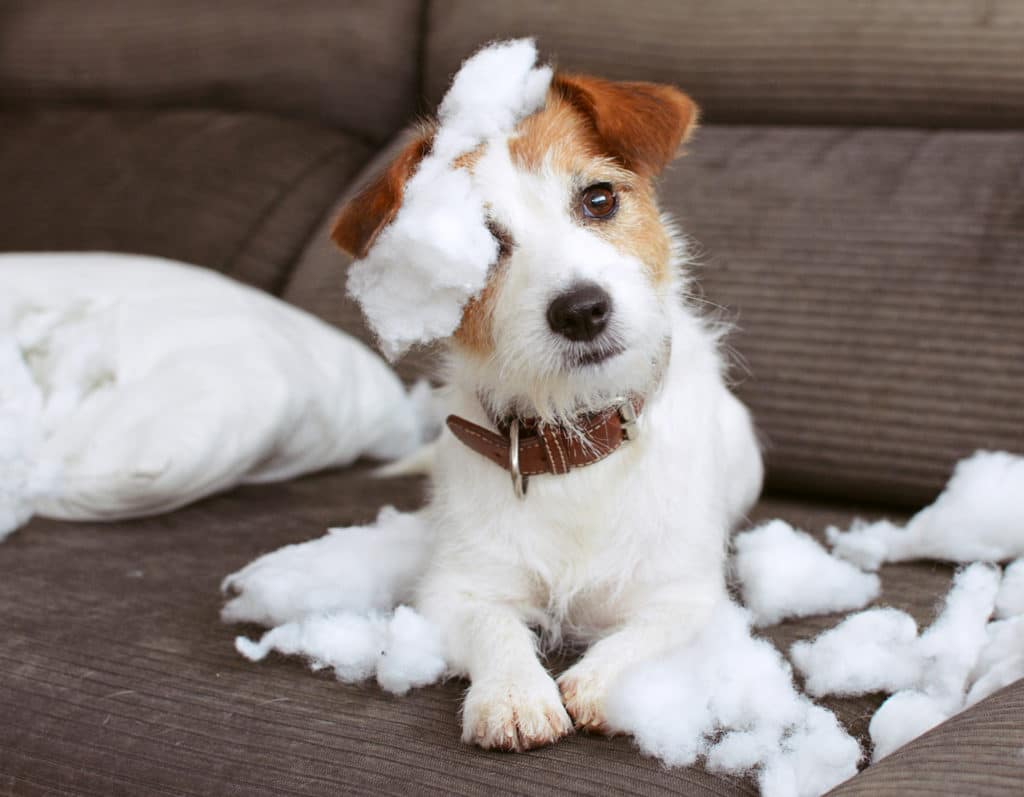

Keep your fur baby in “paw”fect health.
Hong Kong is such a great city to live in, but anyone who’s been here long enough knows that it can also be stressful. Whether it’s the hot and humid weather, the pollution, the proximity of cars and people, the size of our apartments or other factors, all of these can create a lot of issues for our health…and our pets are no different.
There are certain pet problems, both behavioural and medical, that are common and sometimes unique to Hong Kong. As both a former dog/cat owner and a practising veterinarian in this city for the past 13 years, I’ve gained a whole different perspective in how I treat my patients and the advice I give to those who care for them.
Pet Problems in Hong Kong: Dogs
Pet Problems in Hong Kong: Cats
Read more: Vets In Hong Kong: Where To Take Your Dogs, Cats And Other Animals
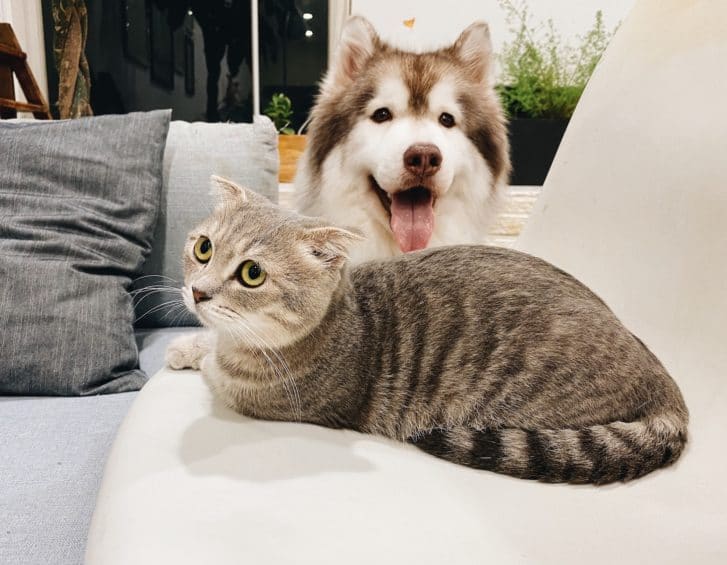

Pet Problems in Hong Kong: Dogs
Medical issues – skin problems
By far one of the most common issues I see with dogs in Hong Kong is skin problems – partly because of the conditions in the city and also because some issues are inherent to common breeds here. Some of the most common and popular dog breeds in Hong Kong that are prone to skin issues are French bulldogs, poodles and poodle mixes, Golden Retrievers and Labradors. These dogs have a tendency to get Atopic dermatitis, commonly referred to as allergies. This usually manifests itself in licking of the paws, in between the toes, rubbing of the face/eye, licking at the forelegs just in front of the elbows, the underarm and inner thighs. Atopy can also become apparent sometimes through mild ear inflammation, so you might notice scratching of the ears (more on ear infections below). Dogs don’t generally sneeze when they get allergies.
Being in Hong Kong doesn’t help your pet with its skin problems either. If your dog is already prone to allergies, then there’s a good chance they will be exacerbated by the heat and humidity here, leading to a secondary infection. Even if they aren’t prone to allergies, you might still see skin infections. This could happen if you’ve bathed them or taken them for a swim and not thoroughly dried them, if they salivate a lot from the heat or if they’ve gone to the park and got bitten by insects (as the skin becomes inflamed). The heat and humidity, along with the added moisture from any of the above causes, can lead to hot spots and localised areas of infections. It is very important to dry dogs thoroughly, especially ones with a thick undercoat.
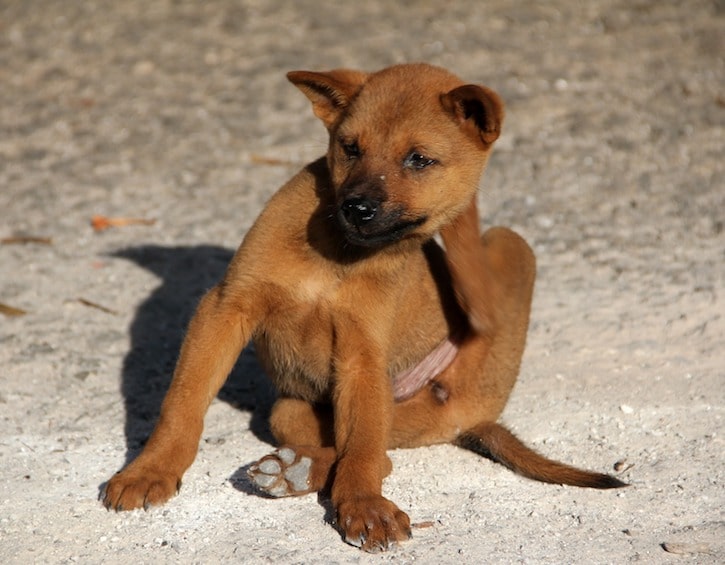

What to do about skin problems
Omega 3 is a good natural anti-inflammatory and helps reduce allergies in dogs. I generally recommend sticking with products that just contain omega 3, and not omega 6 as these can be pro-inflammatory, especially at a higher dose. I would also use a product that’s specially made for dogs, as the dose can be greater in formulas for people, leading to an upset tummy.
Medical issues – ear infections
Owners often ask me whether they need to wash their dog’s ears on a regular basis. This is almost always a no. Dermatologists do not recommend regular ear cleaning in normal pets as this can lead to further problems. Plucking hair from a dog’s ear can create inflammation within the canals. If your dog goes for swims, whether at the beach or in the pool, then I would recommend ear cleaning, but please ask your vet or vet’s assistant to show you the proper technique.
Read more: How To Prepare Your Children For The Care Involved In Keeping A Pet
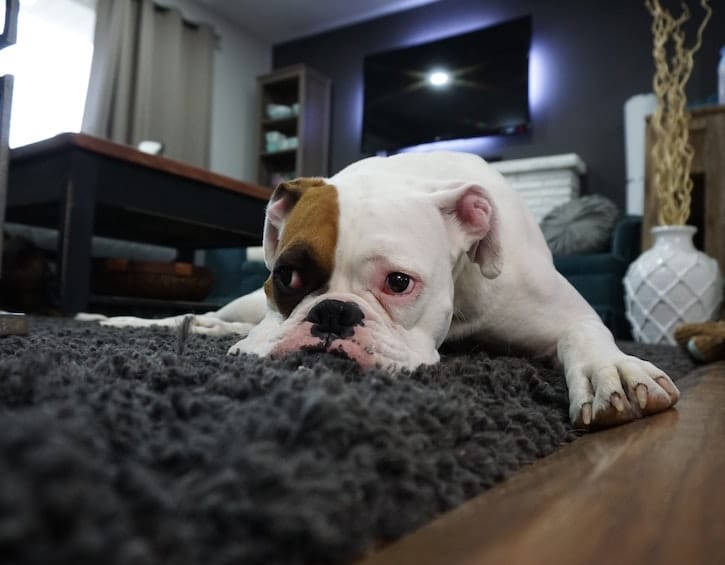

Behavioural issues – anxiety
I’m sure you’ve all seen the YouTube videos of owners filming the aftermath of a dog’s destruction. Images of a ripped up sofa, chewed-up designer shoes, badly-scratched wooden doors, toilet rolls unravelled all over the bathroom and even their own very expensive dog bed destroyed, can give even the most ardent dog lover nightmares.
This doesn’t happen because dogs are naughty (at least in some part), but because they are possibly suffering from separation anxiety, or because they have not been physically and mentally stimulated enough. Busy lives and long working hours, combined with the lack of space and facilities for proper exercise, are typical Hong Kong issues – the latter even more so for dogs because at least we have gyms! If left alone, dogs can become very anxious. If they don’t know when you’ll be home, this will show up as destructive behaviour or loss of toilet training. That’s why you might find a puddle of pee or poop at your doorway or in your room, or excessive barking whilst you’re away (which could lead to complaints from your building management).
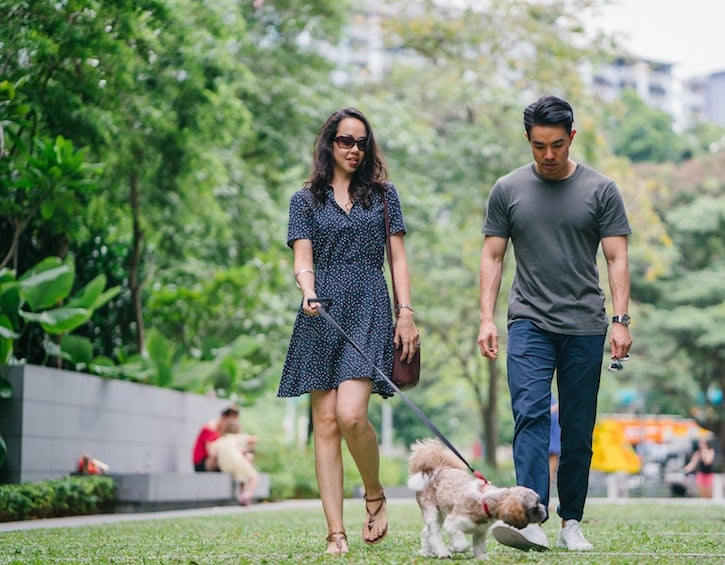

What to do about anxiety
Sometimes the best way to overcome this is to make sure your pooch has had enough mental and physical stimulation before you head out. Exhausting them at the park, or with a run, and socialising with other dogs/people will allow your dog to be calmer throughout the day. Sometimes that might mean going out for a run early before the roads are filled with people and cars (but that’ll be good for you too!).
If this fails to do the trick, use different techniques to train your dog by using positive reinforcement with treats and toys. Try leaving the house, initially for a very short time, until your dog is comfortable with you being out of the room, then slowly increase this over time.
If none of these methods works for your problem pooch, you might need some professional help. There are a few very reputable trainers and behaviourists in Hong Kong you can reach out to (in no particular order).
HK Dog Training – Rosalind Cheung is a dog trainer who has been training dogs in Hong Kong since 2002. She offers both group and private classes.
Hong Kong Canine – James Leung has 15 years of experience. He specialises in obedience training and behaviour modification.
Dr Cynthia Smillie is a qualified veterinarian who specialises in pet behaviour. She uses her knowledge of medicine, pets and pharmacology to look at behavioural issues from a different perspective.
Read more: Where To Go With Your Pet: The Best Dog-Friendly Restaurants, Beaches, Hikes And Parks
Pet Problems in Hong Kong: Cats
If you have a cat as a pet in Hong Kong, the most common problem I come across is urinary tract-related. There’s not one specific reason for these issues, but a perfect storm of several factors (both medical and behavioural).
Cats are, in general, bad drinkers. They’re always borderline dehydrated – that’s why their pee is always so concentrated and pungent. This is the reason why you see so many different types of water fountains and different contraptions to try to get cats to drink. Hopefully, you’ve found one that works for your cat! If not, I encourage you to keep trying different things because the more we can encourage them to drink, the fewer the chances of them getting a urinary tract-related disease or kidney issues.
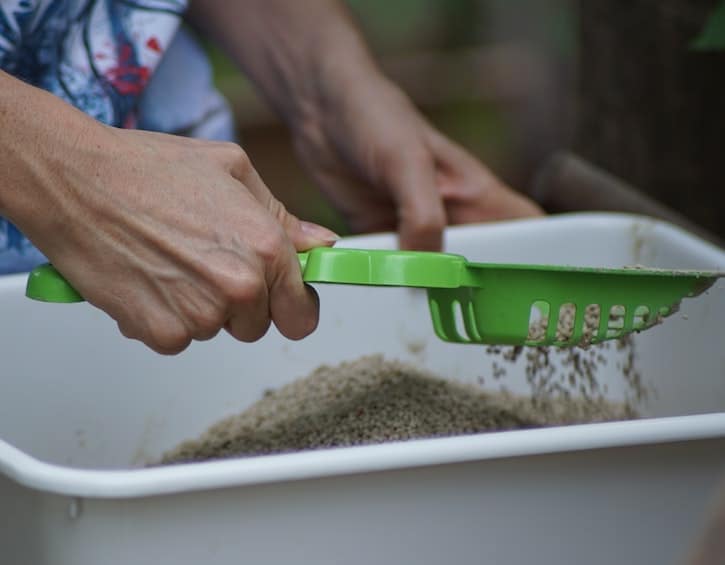

Cats can be very picky about their toilet and it’s difficult to know what they’re being picky about – it can be a bit of trial and error! These are some of the reasons.
- Some cats hate sharing, so if you’ve got a smaller apartment and multiple cats, things can get tricky. This is what cat specialists recommend – the number of cats you have, plus one, is how many litter boxes you ideally should have. If this isn’t possible, then the next best option is to clean the litter tray as soon as you can after each cat goes (for both pee and poop!). I always compare it to walking into a toilet cubicle at ifc mall and finding someone’s else business there! It’s just not pleasant.
- Cats can be lazy. If they’re chilling in their favourite spot and their toilet is down the hall, or at the back of the kitchen by the helper’s room (or in another area of the house you don’t even venture to), then it’s unlikely the cat will be too keen to go there too (unless absolutely necessary!). This leads to less regular voiding of urine which predisposes them to urinary tract issues, the formation of urinary crystals/stones or an overstretched bladder, leading to inflammation.
- The opposite is also true with cats! Sometimes they just need a little privacy. If the little box is quite close to lots of people, noise or fairly public (in or near the living room), this can also deter them from going unless they need to.
Which brings me to the litter itself. In Hong Kong, a lot of people avoid using sand, as this becomes messy when the cats step out and get sand all over the house. That’s why many people in the city prefer using alternatives such as silica gel crystals, recycled paper pellets, tofu cat litter, etc. These are great for us, but studies show that cats actually prefer cat sand. This might be something to consider changing if, despite trying everything else, your cat continues to have issues.
And finally, stress! This could be from construction work (which happens all the time in Hong Kong!), friends coming and going, you leaving for a work trip or holiday, the smell or sound of the cat/dog next door, having multiple cats in the house (especially if they don’t get along or one gets bullied) etc. This type of pet problem is quite unique to Hong Kong apartment living and is perhaps one of the reasons I see much more urinary tract diseases here in cats.
Read more: Where To Adopt Or Buy A Pet In Hong Kong
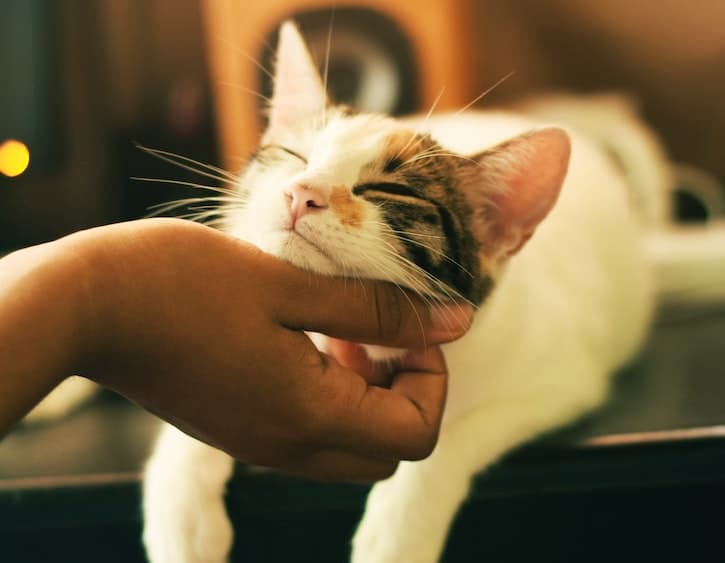

What to do about these problems
For stress-related issues, I recommend Feliway – cat pheromones conveniently packaged in the form of a household diffuser or spray, which can help to reduce anxiety. As for the issue regarding the toilet fussiness of cats, be mindful of where you place the cat litter tray, how and when you clean it, as well as what you use in it.
 View All
View All











 View All
View All





 View All
View All


 View All
View All









